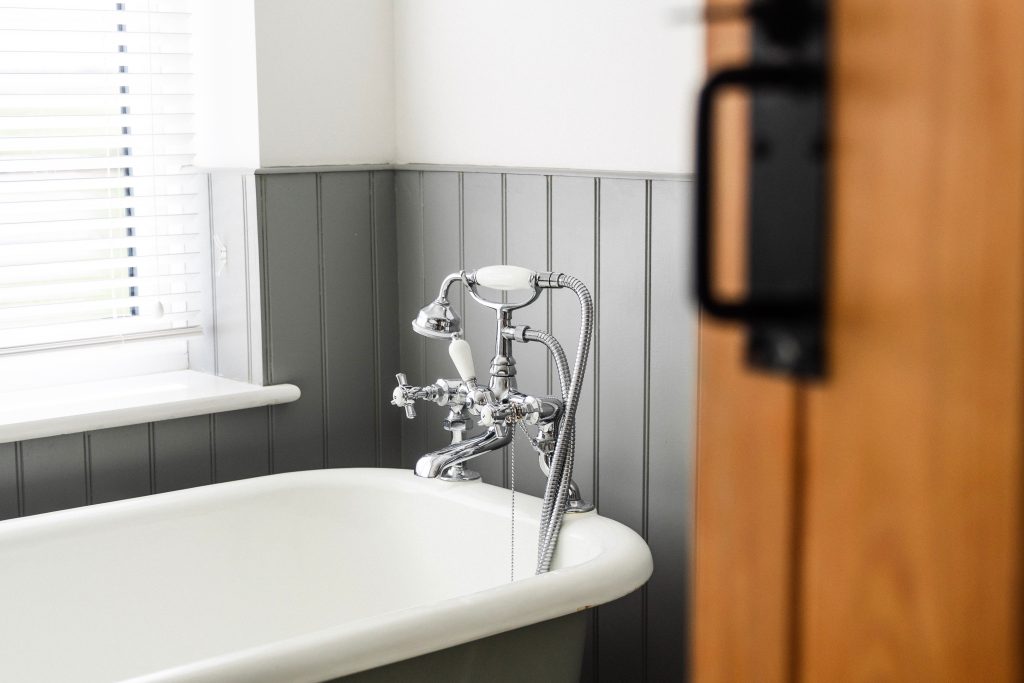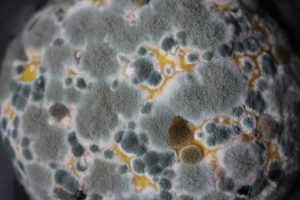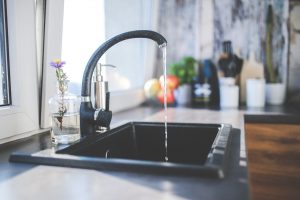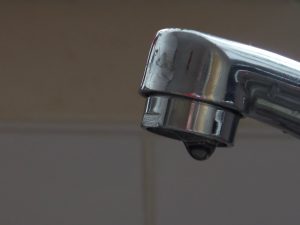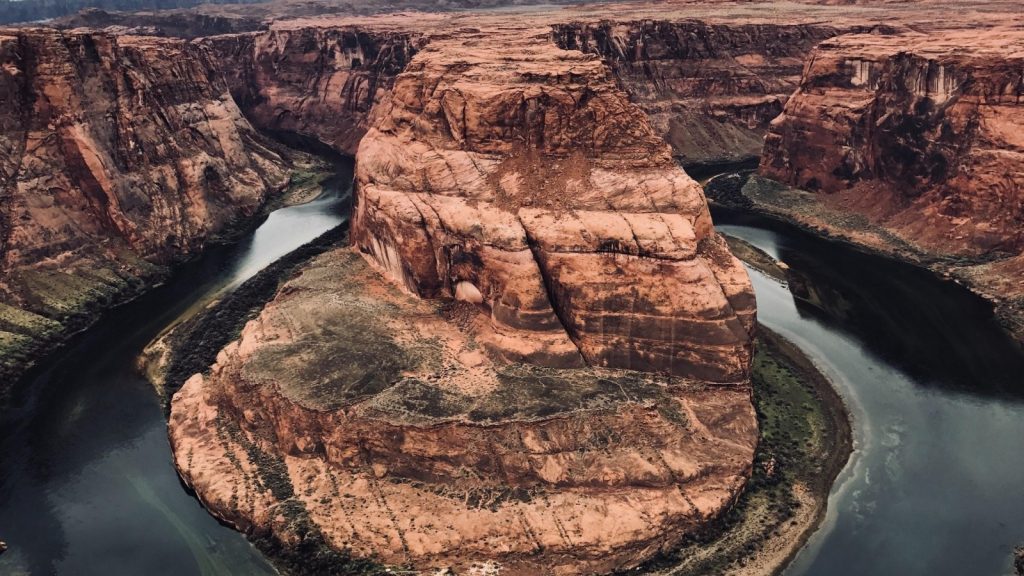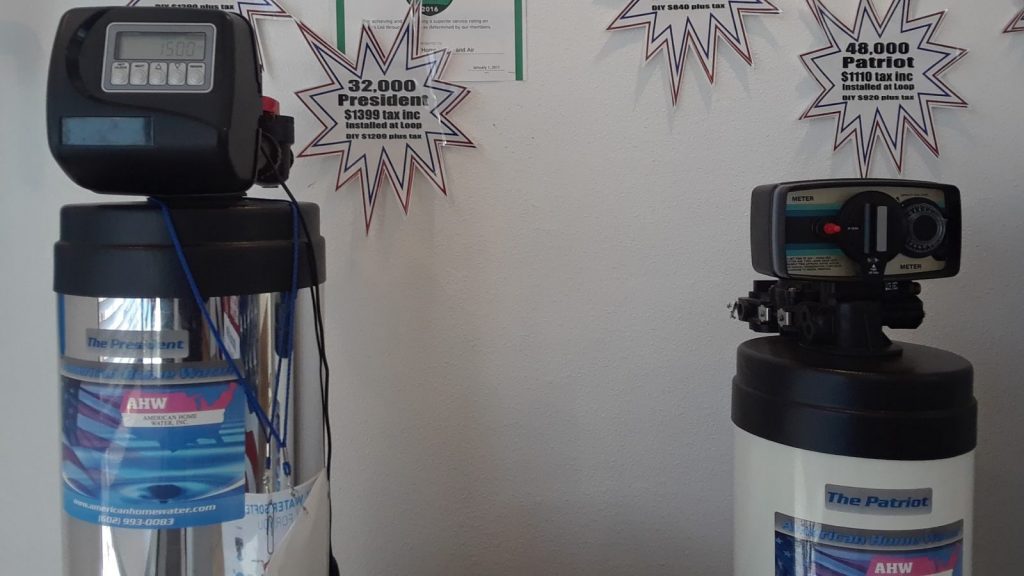Did you know that soft water can help you save hundreds of dollars annually? In this post, we’ll define soft water and tell you everything you need to know about getting it in your home.
What is Soft Water?
Soft water is what happens when you treat hard water to remove highly concentrated mineral ions. You can’t differentiate between hard water and soft water with your naked eyes. The real difference is in their mineral composition.
Hard water is water with a high concentration of mineral ions, especially magnesium and calcium. If you haven’t installed a water softener in your home, then chances are your tap water is hard water.
If you want to learn more about the difference between hard water and soft water, check out this article.
Is Hard Water Bad?
No… no… no… We’re not saying hard water is toxic. There are some benefits to using hard water in your home. However, in a one-on-one comparison, soft water has more benefits and can be put to use in many more ways than hard water.
Read on to learn more.
Is My Tap Water Hard or Soft?
You can’t tell unless you do a water test. We’d advise you to test your home water at least once a year. Not only will you be able to know your water’s hardness, but you’ll also get more information concerning your water’s purity.
Remember, we drink 90% of our illnesses.
Note: Most of the tap water supplied to homes in the US by municipal water treatment plants is Hard Water. This is because of the high concentration of Limestone in the continent’s sea bed.
Advantages of Soft Water
Can I drink soft water?
This is the one area that is clouded with a lot of confusion with some claiming that hard water is healthier than soft water and vice versa.
Let’s clear the confusion now, shall we?
You can indeed drink both soft and hard water without having to worry about any negative side effects. However, we can’t deny the fact that the high concentration of minerals in hard water is good for our bodies.
On the other hand, you get most of your consumption of these minerals through your diet. Switching to hard water won’t make you deficient.
Soft Water is Great for Your Skin and Hair
Hard water is bad for your skin and hair because of its high concentration of calcium and magnesium ions that easily form limescale.
Limescale will harden your hair, making it brittle and easy to break. It will also penetrate your hair and cause an itchy scalp.
Likewise, it will create a film on your skin that clogs your pores, causing irritation and inflammation. The result is dull, rough, and itchy skin.
Soft water is the best for your skin and hair, simply because it doesn’t contain a high concentration of limescale ions.
We’re not done yet! There are other advantages of soft water you should know of. You could end up saving hundreds of dollars annually.
Soft water and Appliances: Save hundreds of dollars
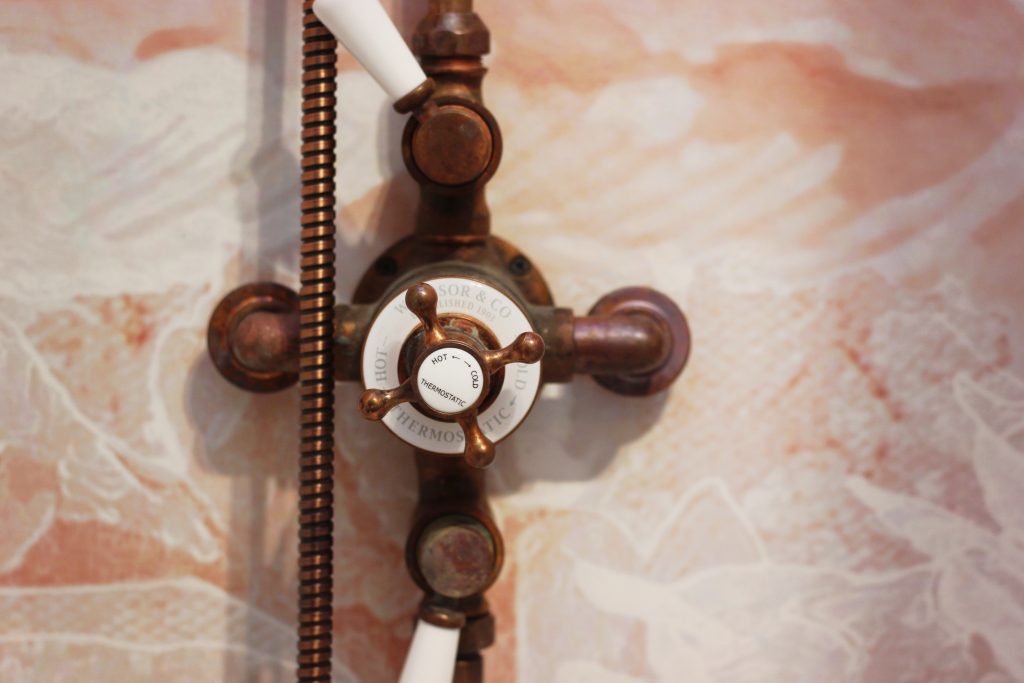
This is where soft water knocks hard water out of the water (pun not intended).
Have you been spending hundreds of dollars on electricity bills, appliance repairs, and replacements? Hard water is the cause of all your troubles.
Ever heard of limescale? (you should’ve; I mentioned it earlier). It’s a nasty “stain” that is usually white, brown, or even red-brown. We’re sure you’ve seen it on or around water spots in your house like the toilet bowls, sink, showerhead, faucets, and bathroom tiles.
It can also be found in heating and washing appliances like kettles and washing machines.
Limescale makes your house look old, dirty, and unkempt.
It’s also the reason your kettles and washing machines keep breaking down.
Did you know that hard water (Limescale) lowers your appliance’s efficiency by a whopping 30%? You end spending a lot of money on electricity bills.
Did you also know that people who use hard water to do their laundry end up using 25% more on washing detergents than their soft water counterparts?
Did you also know (the last one we promise) that hard water is the reason your clothes are dull and easily torn because of weakened fabric?
All these are unnecessary expenditures that can be avoided by using soft water. It’s that easy. Soft water simply wins because it doesn’t contain the mineral ions responsible for limescale formation.
What Are Water Softeners?
Water softeners are magical appliances specifically made to remove water hardness (calcium and magnesium ions). They have slowly turned into a necessity in most American homes. In Phoenix, water softeners are downright essential. Indeed, much of the United States can benefit from them.
There are different types of water softeners:
- Ion Exchange Water Softeners: The most common type of water softeners. If you have one, it’s probably this one. The process employed in removing mineral ions is Ion Exchange. They’re simply sophisticated containers with Sodium pellets at the bottom.
- Salt-free water softeners: These are water softeners that use Potassium instead of Sodium salts. Technically speaking, they are descalers and not water softeners. Also, they are less effective than ion exchange softeners.
- Reverse Osmosis Softeners: Reverse osmosis systems are on a whole other level as far as water treatment is concerned. However, some have a water softener filter that “softens” hard water after all the toxins, bacteria, and viruses are removed.
To learn how water softeners work, check out this post. We go into lots of detail!
Can Water Softeners Remove/Kill Bacteria?
No, water softeners are solely built to remove water hardness. You need to put in place a water treatment system (like reverse osmosis) that will kill bacteria before the water arrives at the softener.
How can I benefit from using both hard and soft water around my home?
Who said you can’t enjoy the best from both worlds?
It’s possible to install a water softener and still enjoy the benefits that come with using drinking hard water. You’ll have to communicate with an experienced team of water treatment professionals (like American Home Water and Air) and have them install a bypass valve with the water softener.
The bypass valve will supply you with your regular hard water as your water softener keeps producing soft water for cleaning and washing.
Can I Use Soft Water for Gardening?
No, soft water is bad for plants and gardens because of its high Sodium concentration.
Plants get very uncomfortable in Sodium concentrated conditions. The Sodium in soft water will end up on your garden soil and absorb all the water from your plants. The result is weak and dehydrated plants.
These are but some of the few advantages of soft water that should encourage you to install it in your home.
Soft Water Definition: Conclusion
To wrap things up, soft water is what you get when you properly treat mineral-rich water. Soft water is much easier on your skin, hair, appliances, and wallet.
If you live in the Phoenix, Arizona area and need a water softener, feel free to give us a call at American Home Water and Air. We’ve been installing water and HVAC systems for more than three decades.
Frequently Asked Questions
How can I tell if I have hard or soft water?
Your best bet is to conduct a test that will give you a reading on how many mineral particles are in your water. You can find one of these tests at your local home hardware store. Your local university may also offer testing services. Hard water can also be spotted based on signs such as mineral buildup on faucets and in your pipes.
How long does it take to get soft water after regeneration?
Water softeners typically take about 90 minutes to regenerate completely. Once this is process is complete, you’ll be able to resume using softened water.
How do you convert hard water to soft water at home?
Water softeners are a common appliance you can use to demineralize your water at home. They connect directly to your water supply, helping you get pure water throughout your home. Check out our article on water softener system maintenance to learn about properly maintaining your water softener.


